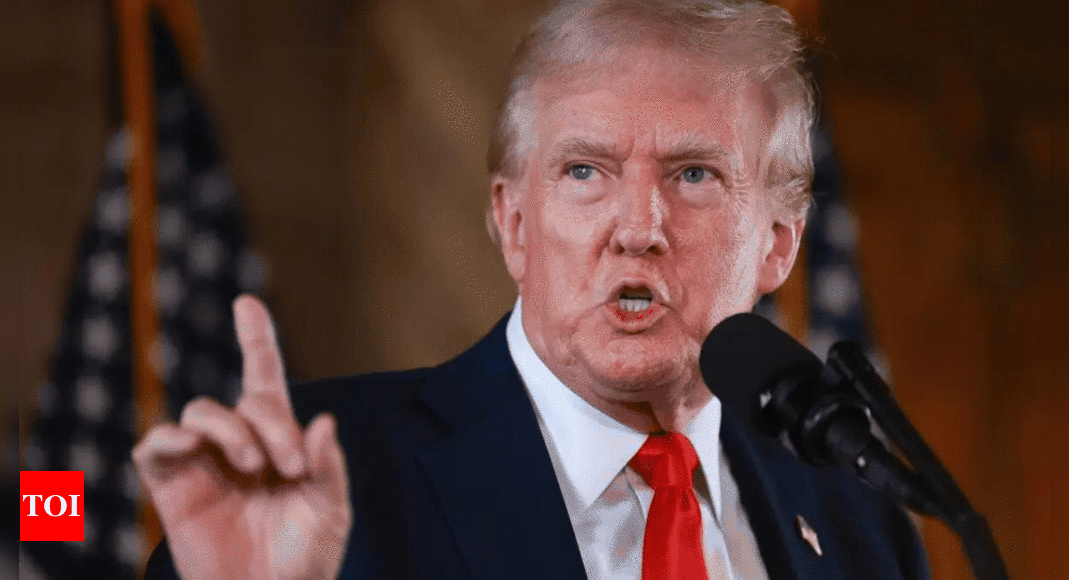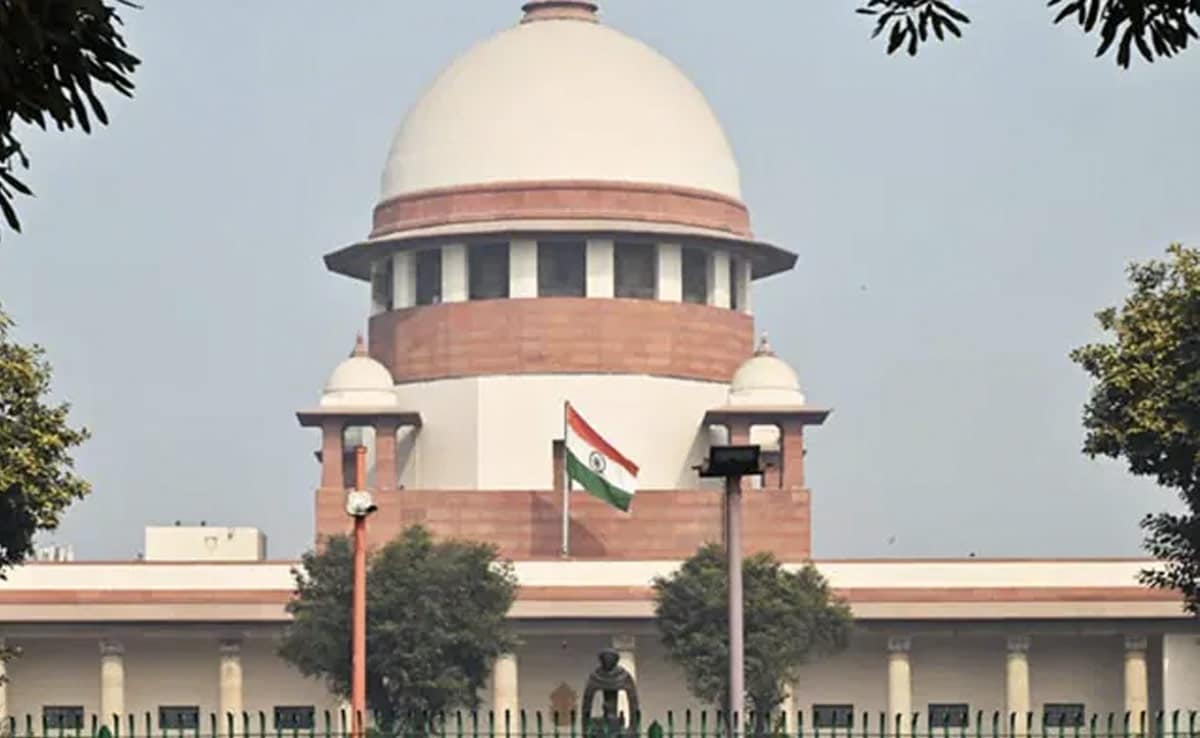
Former President Donald Trump’s campaign accused Iran of orchestrating a hack and leak operation on Saturday, following the release of a 270-page dossier detailing the vulnerabilities of Ohio Senator JD Vance. The document, along with another concerning Florida Senator Marco Rubio, was sent to Politico from an AOL.com email address, the American digital newspaper said.
The campaign has confirmed that some of its internal communications were hacked, marking a significant security breach ahead of the 2024 presidential election.
Hours after Politico disclosed receiving the materials, the Trump campaign responded by alleging a cyber attack and pointing fingers at Iran. “The Iranians know that President Trump will stop their reign of terror just like he did in his first four years in the White House. Any media or news outlet reprinting documents or internal communications are doing the bidding of America’s enemies and doing exactly what they want,” Trump spokesman Steven Cheung told NBC News.
Anonymous leaks to Politico
Politico reported that the AOL email, using the alias “Robert,” began sending internal Trump campaign communications on July 22.
Among the leaked documents was a 271-page report titled “POTENTIAL VULNERABILITIES,” detailing perceived weaknesses of JD Vance.
The anonymous source claimed to possess a variety of documents from Trump’s legal and campaign discussions. When questioned about the source of the documents, “Robert” advised Politico not to inquire further, citing legal and personal risks.
The scope of the breach remains unclear, but it is a significant security lapse for Trump’s campaign.
Broader context and historical parallels
This incident adds to the list of cybersecurity challenges faced by Trump.
It brings to mind the 2016 hacking of top Democratic Party officials ahead of the presidential election, which led to the release of damaging emails and was later attributed to Russian interference. That breach and the subsequent investigation by Special Counsel Robert Mueller, while not resulting in criminal charges against Trump, revealed a campaign willing to exploit such materials.
In 2020, Trump’s X account was compromised after a hacker guessed his password, ‘maga2020!’. More recently, the Department of Justice charged a Pakistani man, Asif Merchant, with ties to Iran, in connection with an alleged assassination plot targeting Trump.
Iranian officials have yet to comment on the allegations, and the US intelligence community has not publicly confirmed the identity of the hackers responsible for the breach.
The Biden administration has not yet commented on the alleged hack.
As the 2024 election approaches, this hacking incident adds to the growing concerns over cybersecurity and foreign interference in the US democratic process.
The campaign has confirmed that some of its internal communications were hacked, marking a significant security breach ahead of the 2024 presidential election.
Hours after Politico disclosed receiving the materials, the Trump campaign responded by alleging a cyber attack and pointing fingers at Iran. “The Iranians know that President Trump will stop their reign of terror just like he did in his first four years in the White House. Any media or news outlet reprinting documents or internal communications are doing the bidding of America’s enemies and doing exactly what they want,” Trump spokesman Steven Cheung told NBC News.
Anonymous leaks to Politico
Politico reported that the AOL email, using the alias “Robert,” began sending internal Trump campaign communications on July 22.
Among the leaked documents was a 271-page report titled “POTENTIAL VULNERABILITIES,” detailing perceived weaknesses of JD Vance.
The anonymous source claimed to possess a variety of documents from Trump’s legal and campaign discussions. When questioned about the source of the documents, “Robert” advised Politico not to inquire further, citing legal and personal risks.
The scope of the breach remains unclear, but it is a significant security lapse for Trump’s campaign.
Broader context and historical parallels
This incident adds to the list of cybersecurity challenges faced by Trump.
It brings to mind the 2016 hacking of top Democratic Party officials ahead of the presidential election, which led to the release of damaging emails and was later attributed to Russian interference. That breach and the subsequent investigation by Special Counsel Robert Mueller, while not resulting in criminal charges against Trump, revealed a campaign willing to exploit such materials.
In 2020, Trump’s X account was compromised after a hacker guessed his password, ‘maga2020!’. More recently, the Department of Justice charged a Pakistani man, Asif Merchant, with ties to Iran, in connection with an alleged assassination plot targeting Trump.
Iranian officials have yet to comment on the allegations, and the US intelligence community has not publicly confirmed the identity of the hackers responsible for the breach.
The Biden administration has not yet commented on the alleged hack.
As the 2024 election approaches, this hacking incident adds to the growing concerns over cybersecurity and foreign interference in the US democratic process.









